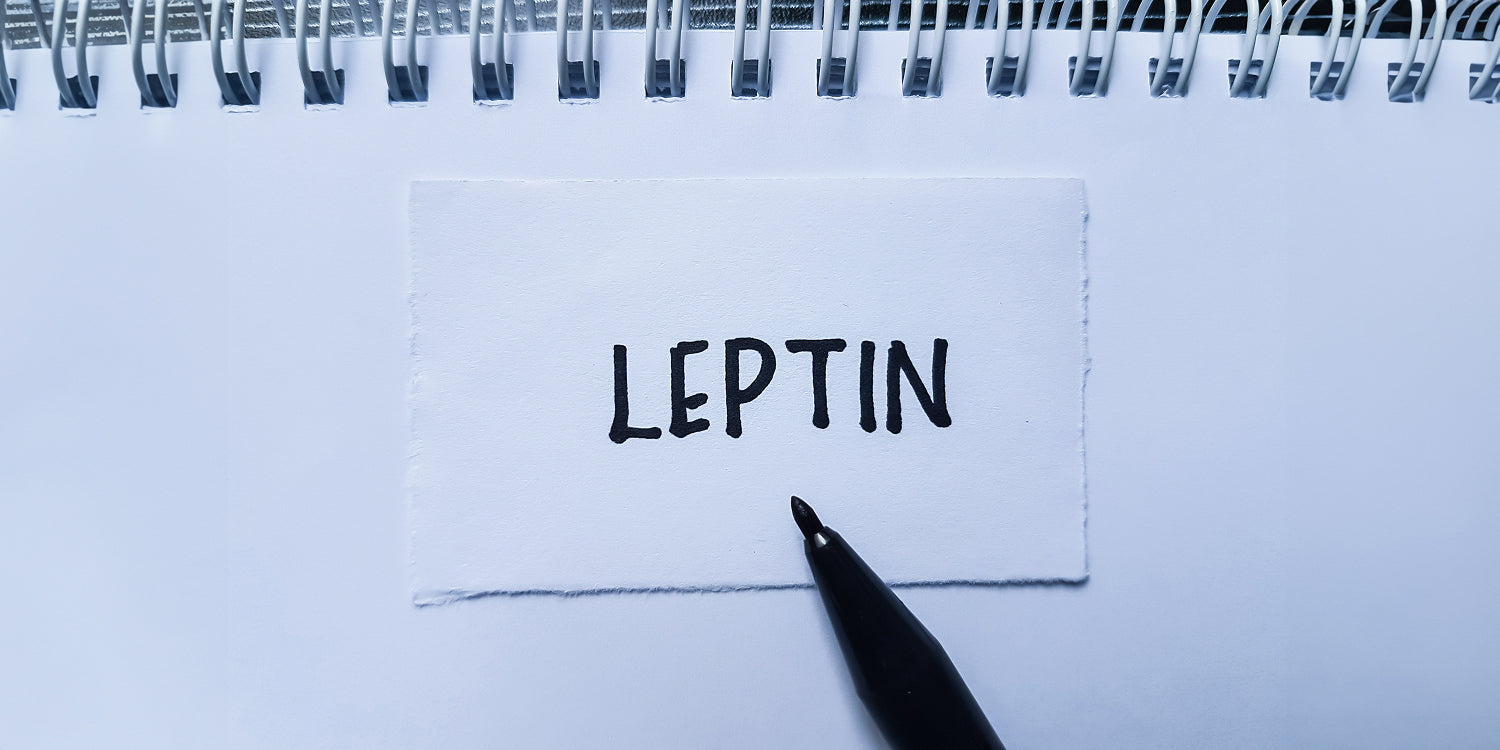Leptin Resistance and How to Deal With It

We hear a lot about insulin resistance, but what about leptin resistance?
Did you know there was such a thing? Well, there is. And it’s a big factor in weight gain and weight loss.
Let’s look at leptin resistance, why it matters, and how you can fix it.
What is leptin?
To understand leptin resistance, we first need to know what leptin is, and what it does in the body.
Leptin is a hormone released by your fat cells.
Its job is to regulate hunger by giving you the sensation of satiety. It signals the brain to decrease hunger.
In other words, when leptin is working properly, you will feel full.
So what is leptin resistance?
Leptin resistance just means that your brain is no longer as sensitive to leptin.
The brain doesn’t receive those signals to reduce hunger.
So you feel hungry all the time, despite having eaten.
As you can imagine, that’s a big deal if you’re trying to lose fat.
What causes leptin resistance?
I like to think of it this way - if there’s a noise in your vicinity, at first you’ll be very aware of that noise.
But if you’re constantly bombarded by that noise, you’ll eventually become desensitised to it.
You’ll start to tune it out.
It’s the same way with your brain and leptin.
If your brain is constantly getting hit with leptin it will eventually start to tune it out.
This is one of the things that happens when we eat around the clock.
The fat cells are shipping out leptin by the boatloads, and at first the brain says, “Hey, you’re full.”
All good, right?
But then we start ignoring that fullness sensation. Why? Many reasons. Food addiction being the main one.
We eat processed foods with all kinds of dodgy ingredients that keep us addicted and wanting more, despite being full.
We eat for pleasure instead of satiety.
So the fat cells keep sending out more leptin, and the brain keeps shouting, “You’re full!”
But every time we ignore that satiety signal we become less and less sensitive to it.
Eventually we can’t even hear it anymore.
Imagine your fuel gauge in your car.
If it’s broken, you can’t see that you have enough fuel, so you keep putting more and more in, and then it starts to spill over.
That’s what we call obesity, a result of leptin resistance.
How do I know if I have leptin resistance?
The main symptom of leptin resistance is that you’re always hungry.
You might also have a lot of food cravings, especially for processed foods and refined sugars.
And generally, if you’re obese, you can be pretty sure that you have leptin resistance.
How do I fix leptin resistance?
The idea is to become sensitive to leptin again.
You want to get back in touch with your satiety signals. You do that by honouring that signal.
Eat when you’re hungry. And don’t eat when you’re full. Cut out snacking!
This is where Intermittent Fasting can really help.
By limiting your eating window to a few hours a day, you will start to experience what it feels like to be truly hungry again.
And you will start to experience true satiety again when you eat.
There’s nothing like eating a meal after a good fast and feeling that sensation of fullness.
Cutting out refined sugars, seed oils, and processed foods is the next step.
Or you might even need to do that before you start a fasting schedule.
And work on anything that keeps you reaching for food when you’re not hungry.
Things like excessive stress in your life, not getting enough sleep, and even boredom can be triggers to ignore your satiety signals.
Listen to your leptin!
By becoming more sensitive to leptin, you will naturally avoid overeating, and staying at a healthy weight will be much easier.

